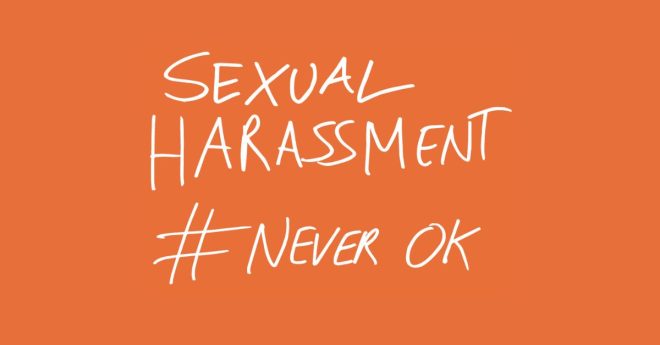Knowing that your friend has experienced sexual violence can be a really difficult thing. The impact that abuse can have on a person is incredibly far-reaching, and this has a knock-on impact on the people who love them. Having the support of friends and loved ones can transform the healing journey of a victim. A growing body of research shows that the reactions survivors receive from friends have a profound impact on their health and wellbeing (Ahrens C, E, 2010). But what does being there for your friend actually look like?
When they disclose or talk about it:
Disclosure can be one of the hardest parts of supporting a survivor. Whether your friend chooses to tell you everything, says it happened casually, or just mentions aspects of what happened to them now and then, your response is really important. That being said, it’s really important to look after yourself, but more on that later.
- Listen without interruption (if you can)
You must mean a lot to them if they’ve chosen to speak to you about something so personal, but it’s a very difficult conversation for both parties. Remember that even if they seem fine, disclosing any kind of abuse takes a lot of courage, and they need to feel heard.
- Believe them
Don’t question things like what they were wearing, what they said or did. The absence of ‘yes’ is a no, and the University takes a no-tolerance approach to sexual harassment and assault.
- Remember (and remind them if needed) that it’s not their fault
“100% of the blame, shame, and responsibility for sexual violence and abuse lies with the perpetrator” (Rape Crisis England & Wales). Many victims already struggle with shame, guilt, and self-blame, as well as fears that the world will blame them too.
- Let them stay in control
A violation like sexual assault strips the victim of their power and feelings of autonomy. This means that, although you might want to take charge to ‘fix’ it, the next steps are in the hands of the victim. You can support them to work through their feelings and explore the options they have, but they should make their own decisions and not be shamed for what those are.
- If you’re not comfortable talking about it
This topic can be really tricky to navigate if it’s not something you’ve dealt with before, however, there are ways of showing your friend that you support them, even without talking about it. One is respecting their boundaries, for example, suggesting things you can do together that are within the parameters of their comfort level. If they’re struggling to leave the house, why not suggest a movie night? If they don’t feel comfortable drinking alcohol, why not suggest going for a coffee or picnic? Another way is to sign the pledge and complete the active bystander training; showing the people in your life that you understand the far-reaching issue of sexual harassment and are making active strides to stand against it.
How to look after yourself:
Your mental health should always take precedence over that of other people, so recognising when you’re not capable of having difficult conversations, or that someone else talking about their experiences is having a negative impact on you is really important.
Talk to the survivor about how you’re feeling.
This can be a really honest, real conversation. An example of how you might do this is “to be honest, I’m really struggling with what happened to you. The idea that that can happen to anyone is really affecting my perception of the world, and I need a bit of time to process that.” This doesn’t undermine their experience, nor put any blame in their corner, but emphasises that you’re struggling too.
Set some boundaries.
If the survivor’s experience is triggering to you, or certain aspects of it are, boundaries are a really good way of showing you still care while looking after yourself. An example of this is “I love you and want to support you, but it’s very triggering to me when you talk about the actual events of your assault. Do you mind if we talk about how you’re feeling now instead, or if we have a safe word for when I’m feeling overwhelmed?”
Research some places they could seek support
This may seem counterintuitive, but by helping them find places they can get some support, you alleviate the guilt that you’re the only person they can talk to. Within the university, there is the Welfare Team, Counselling and Wellbeing, and they can report to #NeverOK (you can show them the video on what happens when they report too!). Alternatively, there are charities outside the university such as Trust House, Victims First, and the Thames Valley Sexual Assault Referral Centre.
Know where you can seek support too
If you’re unsure about where to go, don’t forget you can book an appointment with the Student Welfare team, they can help you to get support. Alternatively, the Counselling and Wellbeing team offers students six counselling sessions. You can also get help externally, for example through NHS Talking Therapies.
Supporting a friend who has been through sexual harassment or assault can be really difficult, but don’t forget the fact that you’re making the effort to be there for them is far more important than you being perfect at doing so. Equally, looking after yourself while you’re supporting them is hugely important, and there is tons of support available for yourself and your friend in this tough time.
Stop sexual harassment – play your part
Stand against sexual harassment – play your part to end the toxic culture that condones normalised harassment.
Get involved in our university-wide campaign and sign the pledge to SEE IT, SAY IT, STOP IT.
